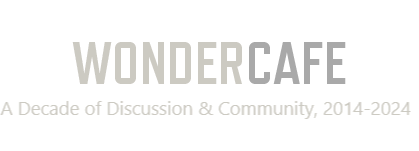paradox3
Peanuts Fan
- Pronouns
- She/Her/Her
Ditto for me after a family tragedy which happened when I was 12.When my mother died, I was 17. After the funeral there wasn't a lot of talking about it at home. Possibly my father didn't know how to approach it on a more personal level and he was grieving himself.
